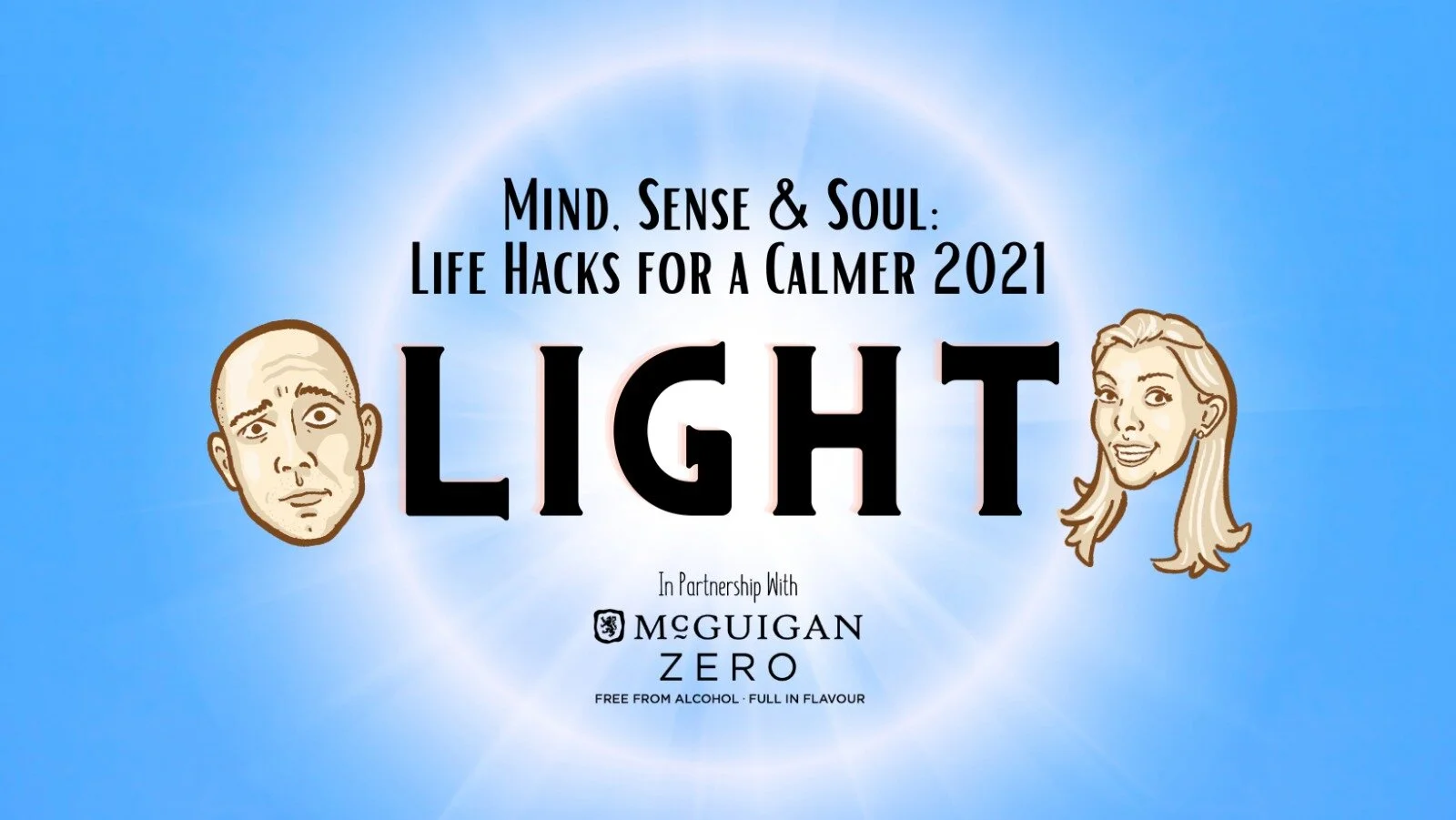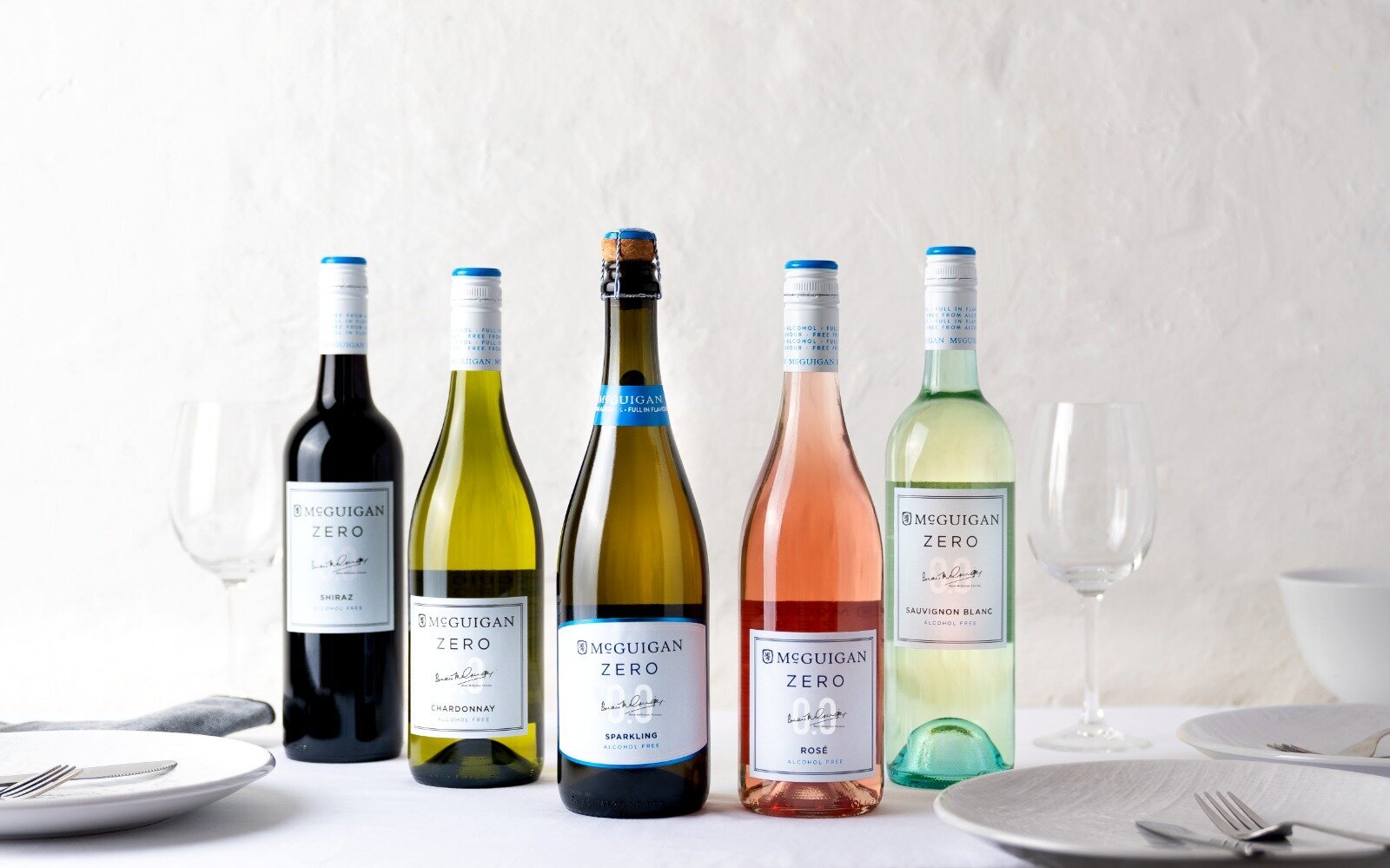CLICK PICTURE TO WATCH VIDEO
Mind, Sense, Soul: Connection
I learned something this week that blew my mind: Human connection and compassion are more important for curing illnesses and helping us live longer than any health intervention we could stage, like giving up smoking, drinking and improving diet and exercise. Yes, even for the big diseases. Here are some things I learned about how our communities and our connections will save us all.
Connection
When we connect with others, our heart rate slows down, we secrete the bonding hormone oxytocin and regions of the brain linked to empathy and pleasure light up. The very fact that our bodies still do this since we evolved from early man tells us that this is still a vitally important part of what makes us human. This is especially true if we detect another’s need for assistance, we feel compassion; we are usually drawn to want to help.
We have survived as a species thanks to the importance of personal connections, community and compassion for others. We are stronger together than when we are on our own so it’s not really just survival of the fittest; It’s survival of the most connected and compassionate.
Small Connections, Big Effect
Amidst a frightening and uncertain future thanks to Covid and general world politics, we are seeing people rallying together. On a smaller scale though too, I’ve noticed how the simple connections in life can have an impact. Lockdown has shone a light on this in a big way.
With us being tucked away at home for 99% of the day, just walking down the street and having a short conversation with the owner of my local coffee shop or a few words with the person on the supermarket checkout, a wave at a friendly neighbour... has a significant effect on my happiness levels for a long time afterwards. These small interactions at a distance with people in my community definitely lift my spirits at the moment. I feel instantly lifted. I now make a point of noticing these whenever I can, making sure I get eye contact with anyone who passes me too and offering a smile or a hello. It’s infectious - in a good way, given it’s a pandemic.
I’m also feeling huge gratitude for radio at the moment. Feeling connected to the outside world and hearing from humans on a similar journey truly helps keep me going. Chris Evans breakfast show on Virgin Radio has been a lifesaver over the past 12 months.
Another thing I’m doing regularly now is checking in with friends all around the globe. I never used to be very good at reaching out but when I do, it’s reciprocated and I get a little warm glow.
Compassion is the key to happiness
As well as compassion, humans also, sadly, have a natural capacity for aggression and an instinct to protect our own territory and resources. We’ve all seen this during the pandemic with people hoarding loo roll and bread flour. In the past, this has made me really angry as I’m sure it has you, but it is with these types of difficult situations where we need compassion the most.
If we can reframe this sort of thing, we’re going to be a hell of a lot happier and less angry with the world. So try it; when people act like this, can we ask ourselves ‘Given everything that’s going on, doesn't it make sense that they act like this?’ Feel compassion instead of anger.
This has made me think recently of a nasty old neighbour we have. A really unpleasant man. However, when I thought about what I knew of him, I realised he must have experienced a lot of loss and unhappiness. There will have been countless other reasons I know nothing about which make him the way he is. Instead of cowering, running away and feeling a bit cross about it, I tried to feel compassion and started to say hello and smile instead. I dropped him a Christmas card and a bottle of wine in December too. No idea whether that meant anything to him or not but it made me feel a lot better and I can’t believe it wouldn’t have had an effect on him. What I noticed though was that my cortisol levels used to rise just seeing him in the street. Now, quite simply, they don’t.
Be compassionate to yourself
Feeling compassionate is not just about others; we need compassion for ourselves. We are all under pressure right now, some more so than others. Parents balancing work, schooling and parenting, Carers trying to keep the vulnerable safe, business owners fearing for their livelihoods and all of us uneasy about a new uncertain future.
The last thing we need is more pressure. Now is not the time for perfect. It’s the time for survival. Aim for good enough or madness lies ahead, whether this is work load or how much your child gets done at school, whatever. The dishes and the washing can wait. Your sanity ,your down time and your family are more important. I am trying to absorb this message myself. But it’s hard, isn't it?
A Social Experiment
I just wanted to leave you with news of a social experiment. I was listening to a chat between two doctors with 60 years of medical experience between them discussing all of this and agreeing with each other that drugs are often far too quickly given. They also said that loneliness increased our risk of dying early by 30%.
One thing that struck me particularly was something one of them said about blood pressure: “The impact of treating high blood pressure on your risk of dying prematurely is dwarfed by the impact of social relationships. With social relationships, oxytocin is pumping around your body and your blood pressure drops, for example. Maybe you don’t even need the drugs. With this in mind, it makes you think why don’t doctors not take social relationships into their routine clinical practice?”
Dr Julian Abel and a team actually did this recently and trailed an experiment in the Somerset town of Frume recently. Doctor surgeries got together to provide compassionate alternatives to medical intervention. ‘Health connectors’ were employed within the medical centre to make use of the incredible wealth of resources within the community.
Loneliness and isolation is made worse by sickness, so they connected these people to groups and individuals going through similar things. Frume took many metrics along the way but the upshot was, they saw hospital admissions drop by 30% greatly improved quality of life scores, general positive health outcomes and lower costs.
You can hear all about that in one of the podcast links along with other conversations articles and book suggestions on the subject of connection and compassion as usual below.
Books
The Compassion Project - Dr Julian Abel (The Frume story amongst other things) (On Audible)
Together: Loneliness, Health and What Happens When We Find Connection - Vivek Murthy
Radical Compassion - Tara Brach (On Audible)
Podcasts
The healing power of compassion with Dr Julian Abel
Bitesize podcast: Why kindness is contagious
Articles
Connection & Compassion during Corona
Everyday actions for thriving in Lockdown
YouTube
Holocaust Survivor Dr. Edith Eger on Choosing Hope, Love & Compassion Over Suffering
See more of our videos and articles here.












